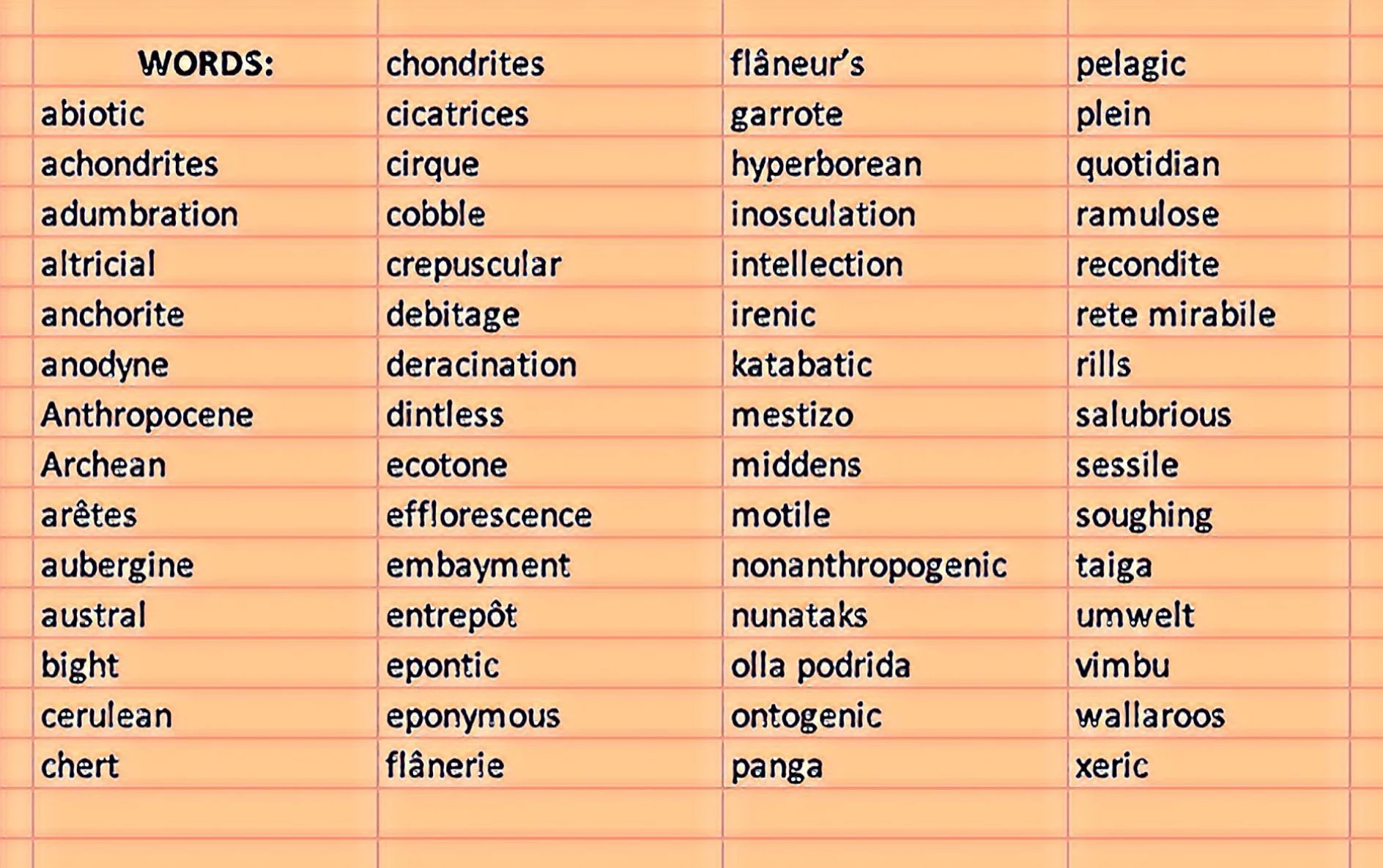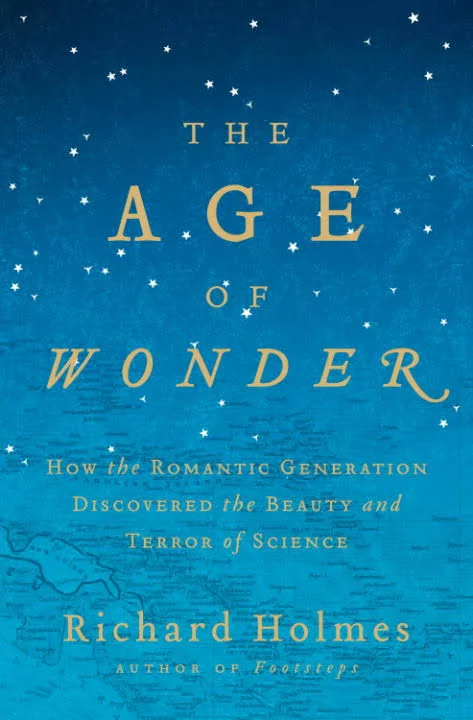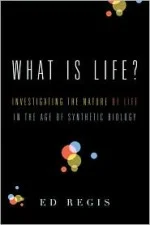All in Biology
Edward O. Wilson's THE MEANING OF HUMAN EXISTENCE
This is a profoundly entertaining and thought-provoking book.
Alan de Queiroz' THE MONKEY's VOYAGE: HOW IMPROBABLE JOURNEYS SHAPED THE HISTORY OF LIFE
Ultimately science is about the data. Even the strongest “schools of thought” crumble at data’s doorstep.
Richard Holmes' THE AGE OF WONDER: How the Romantic Generation Discovered the Beauty and Terror of Science
This book covers the development of British science from the time of Cook’s famous voyage (which stopped at Tahiti) up to Darwin’s Beagle voyage. It concentrates on a few key luminaries (the Herschels, Davy, Mungo Park, Farady, Banks) and at the same time explores the relationship, sometimes synergistic, between art and science.
Peter Bernhardt's “THE ROSE'S KISS: A NATURAL HISTORY OF FLOWERS”
I started paying attention to flowers last year. My son gave me a camera that takes decent closeups. I started carrying the camera while walking our dog down by the creek near our house and while working in our yard.
Ed Regis' WHAT IS LIFE: INVESTIGATING THE NATURE OF LIFE IN THE AGE OF SYNTHETIC BIOLOGY
In this fascinating and accessible book Ed Regis concludes that the maintenance of metabolic processes is really the primary indicator of “life.” But by the time that point is reached in the book, it doesn’t really matter.
Evelyn Fox Keller's THE CENTURY OF THE GENE
Cloning, evolution, and the Human Genome Project are often in the news. One of my 2008 New Years’ Resolutions was to learn more about genetics and molecular biology. I had resolved to “get smarter” about DNA and its role in evolution and in generation-to-generation stability and inheritance.
Lisa Jardine's INGENIOUS PURSUITS: BUILDING THE SCIENTIFIC REVOLUTION
Late 17th Century London and the Royal Society provide the setting for this book. It concentrates on the “great men” who created modern Western science.














